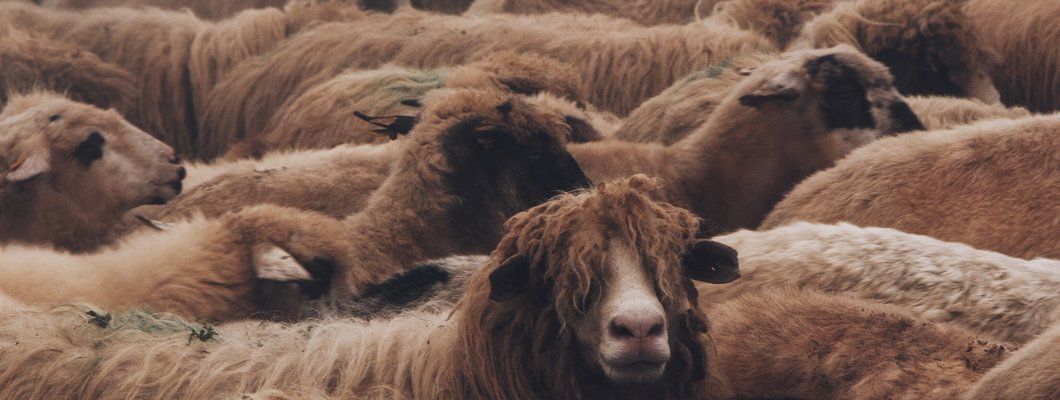
Not that I am a fan of the flu, but when I get infected with it once in a while, I surrender to it completely. At the end of January 2020, I had some strange chest pains and I noticed that I was short of breath even with a little exertion. I hoped I would get better quickly by going to bed early in the evening. Over the weekend, it got worse and I really started to feel flu-ridden, with muscle aches, headaches, chest pains and no taste. On Monday morning, I called in sick and needed the whole week to recover. I felt terrible for two days and thought: I will never recover. Fortunately, the coronavirus had not yet officially arrived in the Netherlands, otherwise I would have been even more worried. After two days, I got through the worst and started to feel a bit better. And then you enter the best period of being ill. You don't have to do anything and can read or watch a TV series all day. The temporary relief from all responsibility provides a relaxation that even surpasses a holiday. I compare it to a breaker bolt. Sometimes a machine is equipped with a breaker bolt which breaks if something jams and the whole machine could be damaged or broken. The breaker bolt is the weakest link that, once broken, stops the process. It can then be easily replaced and the machine - saved from much more serious damage - can be up and running again.
During my recovery, I read the book The Life of a Shepherd by James Rebanks, which I had bought on Eddy Wymenga's recommendation. It had been lying around for weeks, but I got stuck in one of the first chapters. I started again at the beginning and noticed that I had almost missed every bit of interesting information, so apparently the book had not impacted me very much before. Now that I had time, I read it differently, with more attention and it grabed me completely. Rebanks is a sheep farmer in North West England in the Lake District, just like his father and grandfather. He describes the simple and harsh existence of sheep farmers through the seasons and centuries. And how the environment and tough conditions have shaped the farmers.
Besides learning a lot about sheep (Herdwicks and Swaledales), the landscape (the Lake District has the highest mountains in England up to 1,000 metres, where it can rain generously) and life as a shepherd, which is different every season, Rebanks also makes you feel what it is like to stand in a centuries-old tradition and experience the task (despite a completed study in Oxford) of continuing it. The Herdwick sheep, which have been kept there for centuries, are grazed for part of the year on mountain commons, through an ancient system of rights passed down from father to son. The sheep and their offspring seek out the same mountainsides each spring when they go into the vast unfenced communal mountain pastures. Each flock is naturally attached to the fells which they visited from an early age. Those fells are called a heft and the sheep are hefted, which in this context means attached to the heft. Just as Rebanks and his fellow farmers are strongly attached to their land and ancient traditions. This is sustainable landscape management avant la lettre.
Could it be that a year in lockdown makes us more aware of the beauty of our own ancient landscape created by generations before us? I hope so.
Sytze Keuning (keuning@bioclearearth.nl)
Published in the journal Bodem.